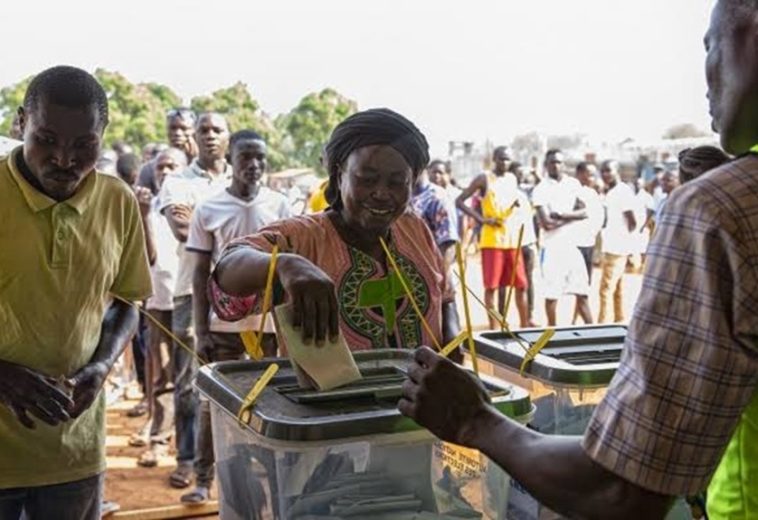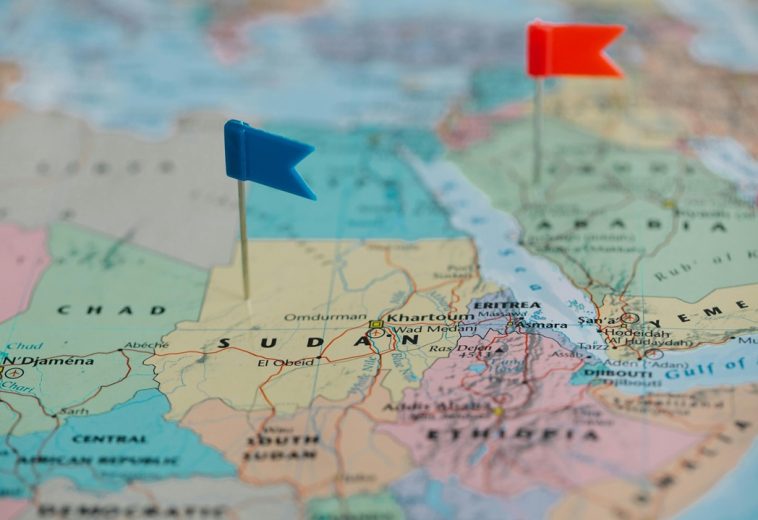Africa is steadily emerging as a key destination for foreign private investment, as global investors begin to recognise the continent’s vast economic potential. Known as the cradle of civilisation, Africa is home to an abundance of resources, dynamic markets, and innovative solutions that are attracting increasing levels of foreign direct investment (FDI). The rise of Citizenship by Investment (CBI) programmes is another indicator of Africa’s growing role in the global investment landscape.
The Role of Foreign Investment in Africa’s Economic Growth
Foreign private investment is now a major driver of economic development across Africa. Since 2021, the U.S. government has funded over 800 trade and investment projects, totalling $18 billion across 47 African countries, underlining the continent’s rising economic importance.
READ ALSO: Global Impact of Bilateral Relations and Economic Cooperation on Africa’s (FDI)Foreign Investment
Abundant Natural Resources: Africa’s natural resources, including oil, gas, minerals, and agricultural products, are among the richest in the world. Countries like Nigeria, South Africa, Angola, and Ghana are attracting significant investments in the extractive industries, positioning themselves as important players in global supply chains.
Growing Consumer Markets: With more than 1.2 billion people and a rapidly expanding middle class, Africa offers an untapped and growing consumer market that is increasingly appealing to multinational companies. Key sectors such as retail, telecommunications, banking, and manufacturing are seeing major investments aimed at catering to this rising demand.
Improved Business Environments: A number of African nations are reforming their economic policies, streamlining regulatory processes, and reducing barriers for foreign investors. These efforts are helping to create a more attractive investment climate, making it easier for foreign businesses to establish themselves and grow across the continent.
The Emergence of Citizenship by Investment Programmes
Citizenship by Investment programmes have become a creative way for African nations to attract foreign capital while offering individuals the opportunity to gain citizenship in exchange for financial contributions. These programmes are not only boosting national economies but also improving investor confidence.
Egypt’s CBI Programme: Since March 2020, Egypt has introduced options for foreign investors to gain citizenship through financial contributions, such as donations to the public treasury or investments in real estate and local businesses. Benefits include visa-free access to Nigeria and improved trade relations across Africa and beyond.
Mauritius’ Residence by Investment Programme: Mauritius also offers a residence programme where foreign nationals can secure residence permits by investing in real estate. This programme highlights the country’s political stability and strong economic infrastructure, making it an attractive option for long-term investment and comfortable living.
These CBI programmes are helping to drive foreign capital inflows, while also offering investors more opportunities to engage in business, further strengthening trade ties and creating economic synergies.
Challenges to Foreign Investment in Africa
Despite the encouraging trends, there are still several challenges that could limit Africa’s development as an investment destination:
Political Instability: Political unrest or instability in some regions remains a major issue, creating uncertainty and making it difficult for investors to predict the business environment.
Infrastructure Deficiencies: Poor infrastructure—particularly in areas like transportation, energy, and communications—can create significant barriers for foreign businesses looking to operate in various sectors.
Regulatory Complexity: The legal and regulatory landscape can be difficult to navigate, especially in countries with bureaucratic red tape or inconsistent enforcement of laws.
Cultural Differences: Understanding local customs and business practices is crucial for foreign investors, as cultural differences can sometimes hinder effective collaboration and successful partnerships.
Solutions for Foreign Private Investments and Citizenship
To overcome these challenges and strengthen Africa’s position as a prime investment destination, several strategies can be employed:
Strengthening Political Stability: Encouraging political stability through governance reforms, conflict resolution, and international collaboration will help foster a more predictable and secure investment climate.
Infrastructure Investment: Governments should prioritise infrastructure development, working with international organisations, private investors, and regional partners to address these gaps and ensure smoother business operations.
Regulatory Reforms: Simplifying and streamlining regulatory frameworks will make it easier for foreign investors to operate, boosting Africa’s appeal as an investment destination.
Cultural Awareness and Training: By developing programmes to enhance cultural understanding among foreign investors, African nations can improve relationships and prevent misunderstandings that may arise from cultural differences.
Africa is at a crucial turning point, with immense opportunities for economic growth through foreign investments and innovative citizenship programmes. As governments continue to focus on improving business environments and developing infrastructure, the continent is set to attract even more investment, helping to unlock its vast potential.
With its wealth of resources, growing consumer base, and investment-friendly policies, Africa is well-placed to become a dominant force in the global economy. By addressing its current challenges, the continent can not only maintain but accelerate its growth, positioning itself as a leading hub for foreign investment and boosting economic prosperity for its people.
As Africa’s rise continues, the synergy between investment, governance, and civic engagement will be crucial in shaping a brighter future for the continent. For investors and individuals looking to tap into Africa’s growing potential, the future is promising.




